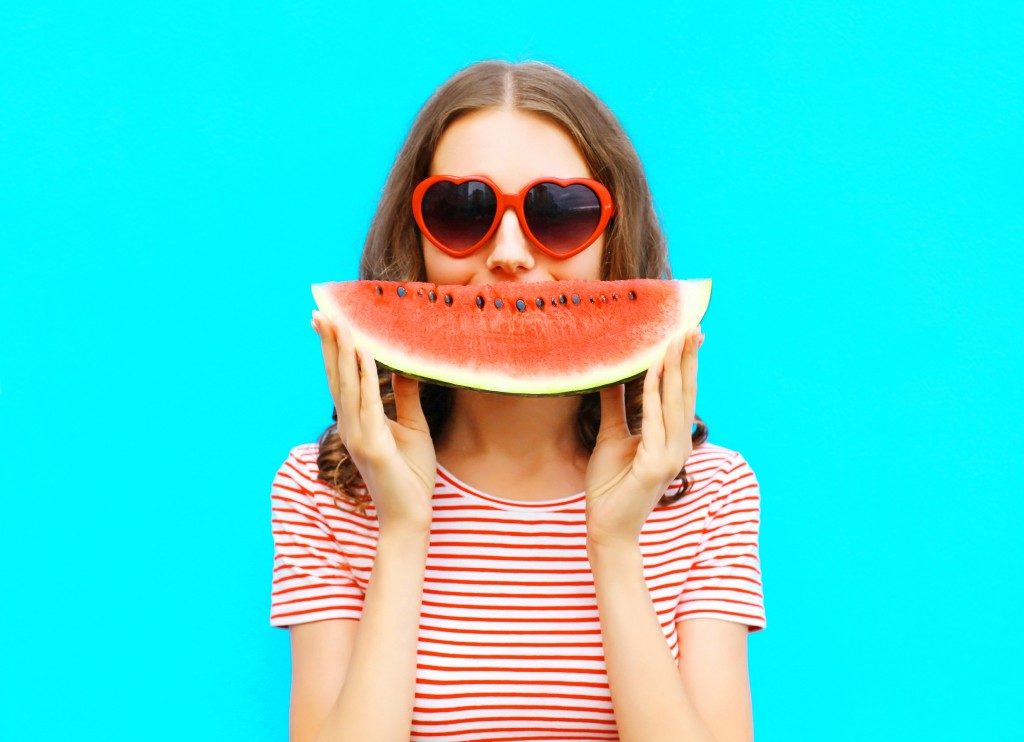It’s common knowledge that children need all the nutrition they can get to help them grow big and strong, and this becomes possible by making healthy food choices and staying active. However, if your child completely removes an entire food group from their diet, can they still get all these nutrients they need?
As more and more parents become vegan, many of them are having concerns about whether their children also need to start a vegan diet. They’re mostly worried about whether it’s advisable to start this dietary approach early on in their children’s lives.
For many families, sharing a meal together is very important. If you’re a vegan family, you’d want to be able to also bring your children to Albuquerque healthy vegan diners or restaurants. But, while many health experts agree that a vegan diet can be truly fit for growing children, several factors must be considered.
Make sure your children get the right amount of fuel for both their bodies and brains.
Is breastfeeding vegan?

This is the main concern for many vegan mothers. Veganism, by definition, means avoiding products that come from animals. So, to put it simply, are human beings considered animals? There have been many polarizing opinions about the issue.
However, most experts agree that breastfeeding is indeed vegan. Veganism, after all, is not just about cutting meat out of one’s diet – it’s a way of life. Anything that promotes exploitation of animals for food, clothing, or other choices are against the philosophy of veganism.
By that definition alone, breastmilk certainly fits this dietary approach. Also, there’s no appropriate vegan alternative to breastmilk. If you replace breastmilk with plant-based milk or other types of formula, you put your children in high risk of developing infant malnutrition.
Because breastmilk is an excellent source of nutrients, experts encourage mothers to breastfeed their babies for at least the first six months. A lot of mothers even continue the practice until their child is one year old, even older.
But, keep in mind that breast milk should not be the only source of nutrients for growing infants. Once their children are ready to consume solids, look for possible vegan sources of iron, calcium, vitamins B12 and D. Consult your pediatrician if you need finding an appropriate recommendation.
Where can vegan children find other sources of nutrients?
There are plenty of plant-based sources of nutrients such as iodine and Omega 3. Omega 3 fatty acids, for example, can be found in oily fish options such as mackerel and salmon. If your children cannot consume fish, they can source omega 3 from other food options.
These include flaxseed (linseed) oil or ground linseeds, hemp seeds and ground chia seeds. You can also give them walnuts, as long as these are properly ground up before feeding them to avoid choking, especially if your children are still under 5 years of age.
For iodine, while you can get this nutrient from cereals and grains, it’s also dependent on how much iodine was present on the soil where these plants were cultivated. Certain seaweeds and kelp products also contain high amounts of iodine, but these should be consumed in moderation as the amount can be too high.




